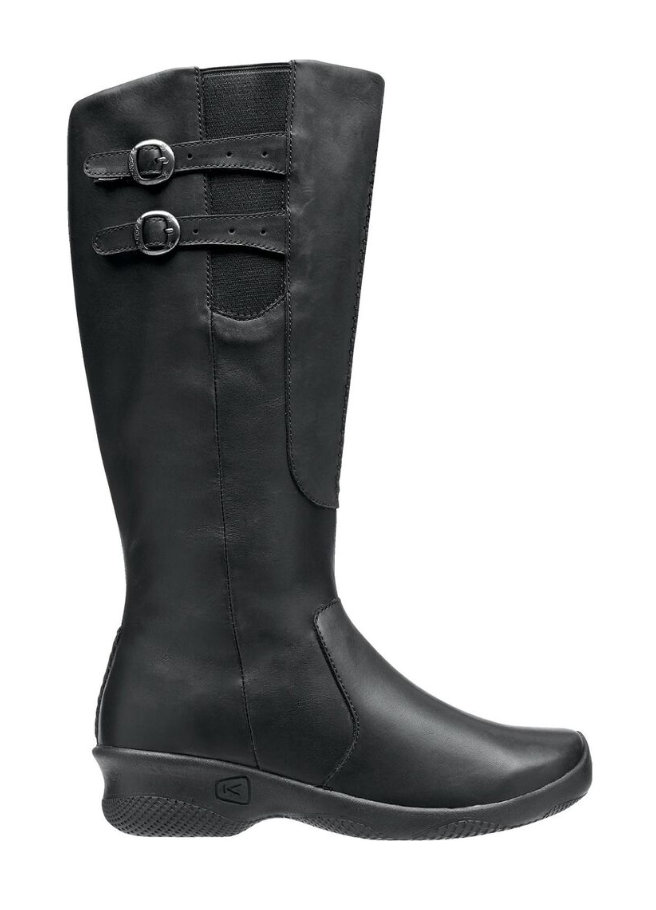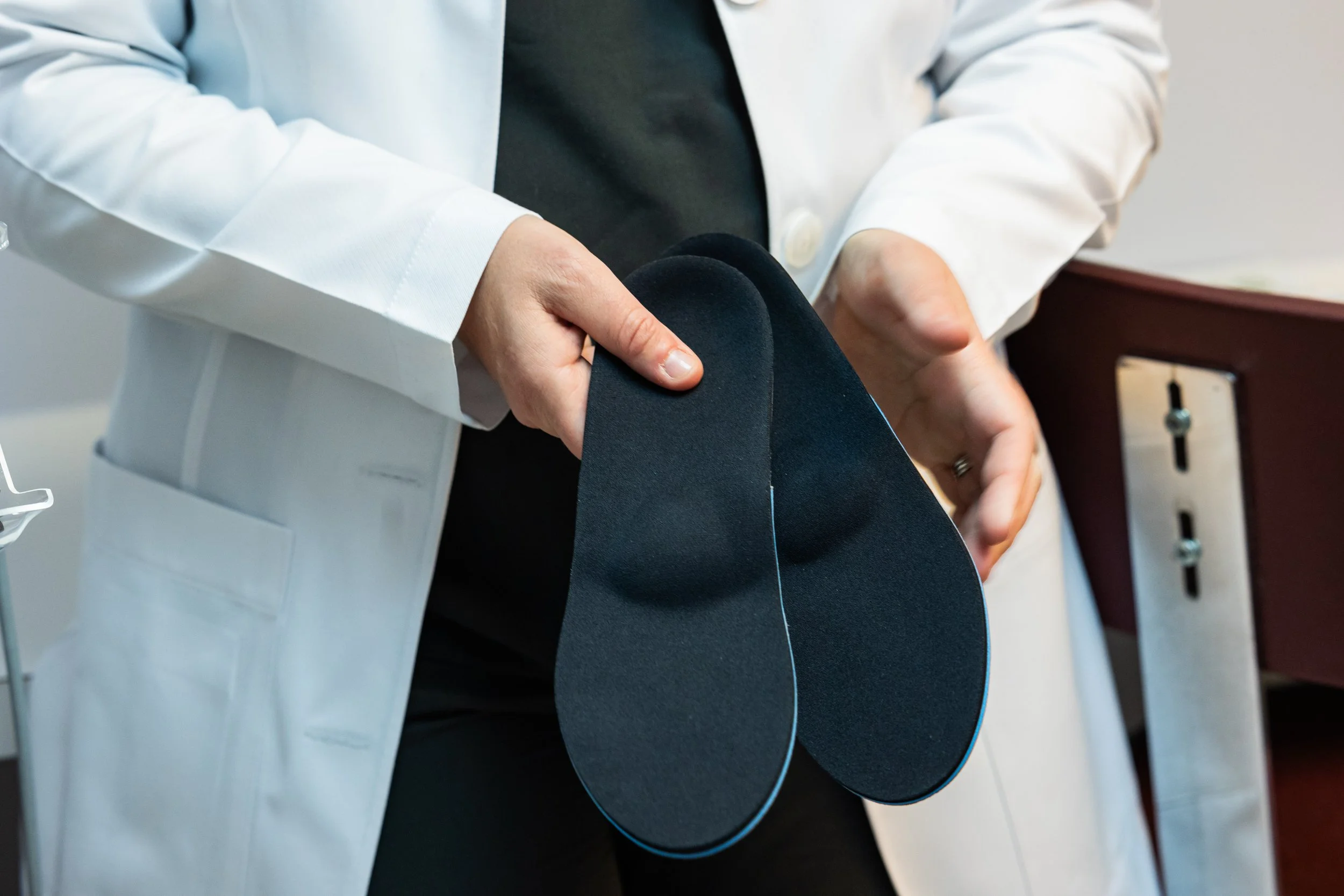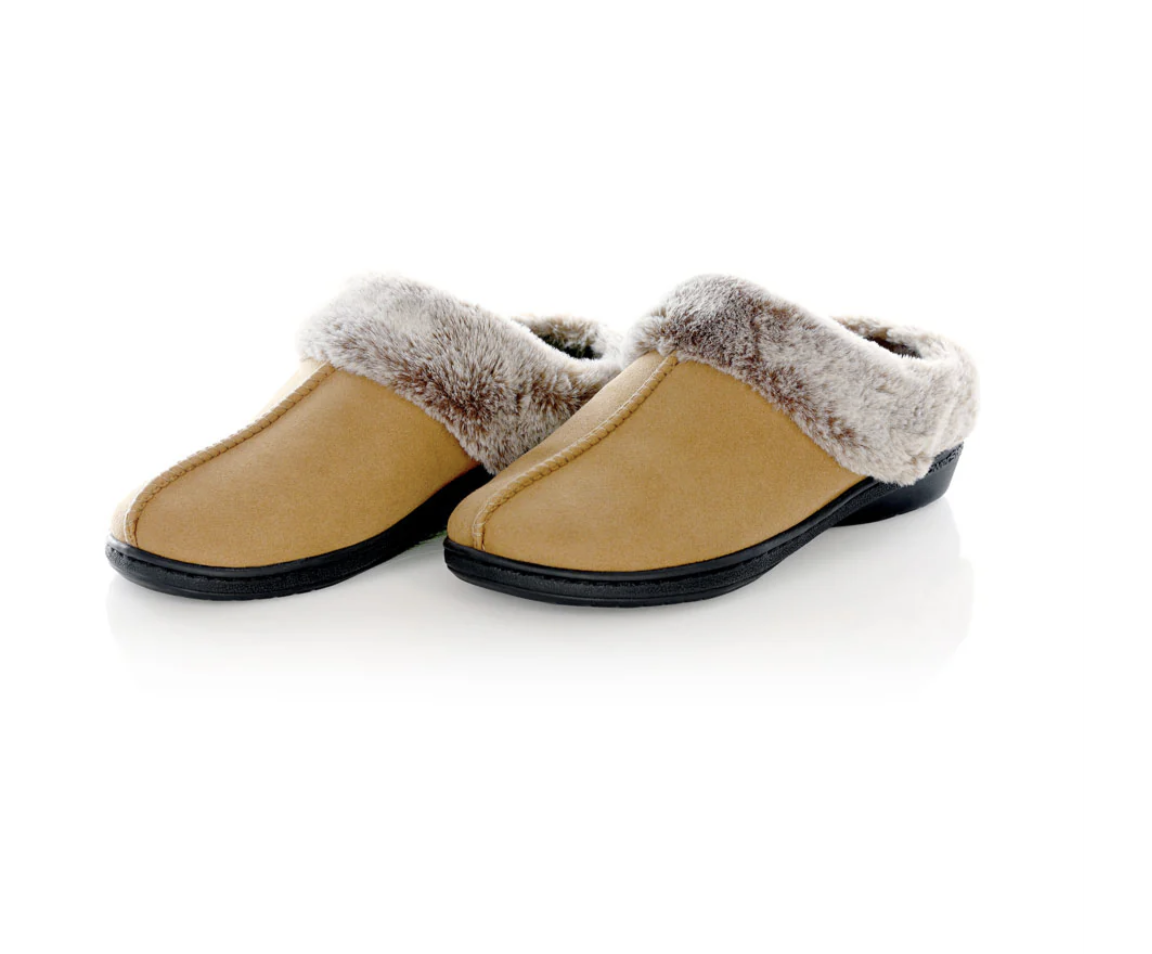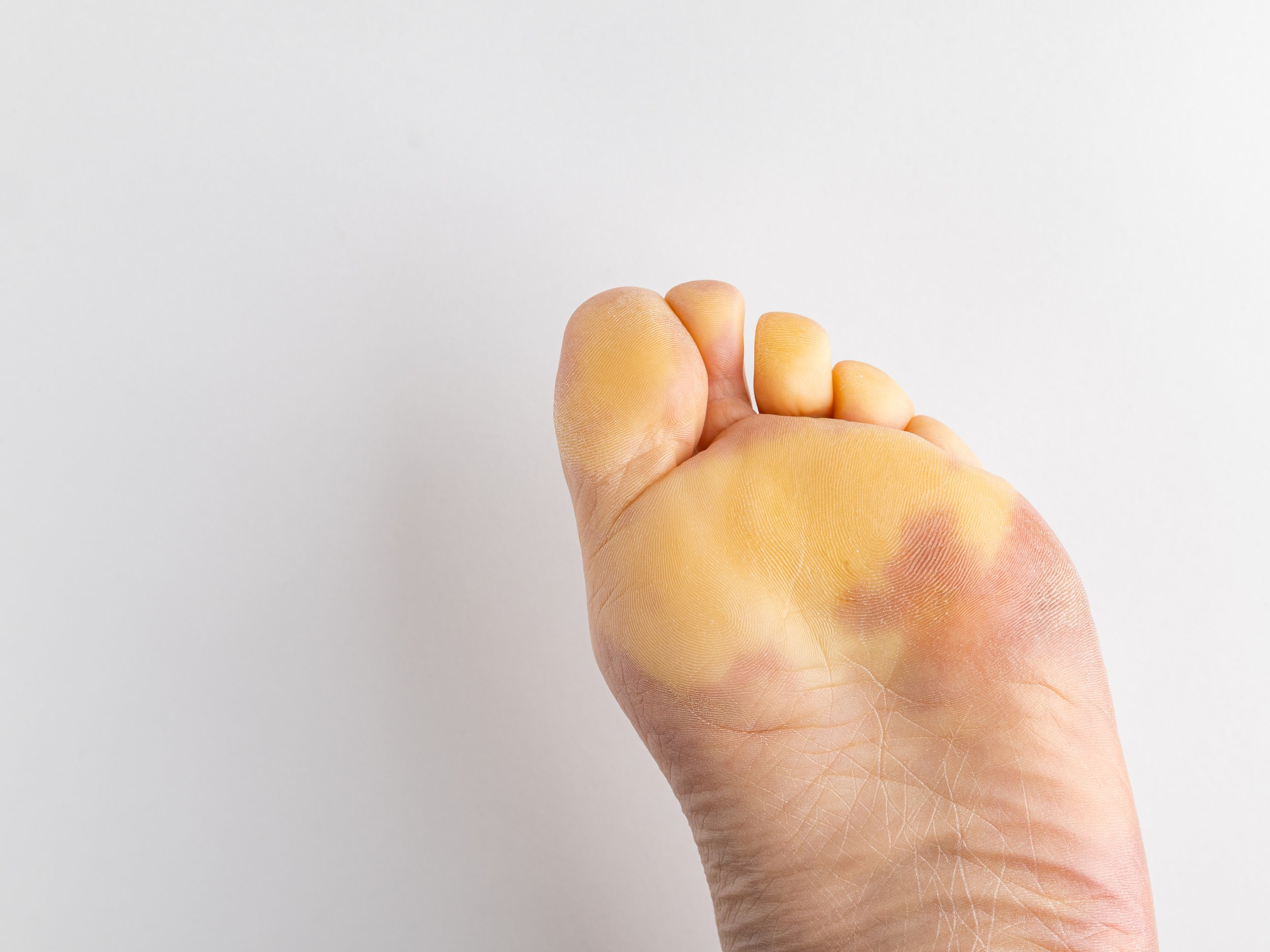Are Plantar Warts Standing in Your Way?
Nothing can kill the pep in your step like plantar warts.
When you’re used to being busy and active, they can throw a monkey wrench in the gears of your life, slowing your pace and knocking you off your stride.
Whether due to discomfort or outright pain, plantar warts may force you to modify your plans to accommodate for them. And that’s a high price to pay!
At City Step Podiatry, we’re all about helping you with your foot and ankle concerns—so you can get back to living your full, active life.
That’s why we're here to provide you with everything you need to know about this common foot condition—including how to effectively treat plantar warts when they’re negatively impacting your life.
Let’s explore what causes plantar warts, how they’re treated, and how you can prevent them in the future.
What is a plantar wart, anyway?
While learning you may have a type of wart can certainly provoke strong feelings—plantar warts are actually quite common. So, if you or someone you love gets one, you’re far from alone.
Podiatrists like Dr. Alison Young are accustomed to assessing and treating plantar warts when they occur—you’ll get zero judgment from her when you come in for support with this issue.
The truth is—plantar warts affect around 10% of people. They’re especially common in kids and teens.
Other groups who are statistically more likely to experience plantar warts include—
People of the caucasian race
People with autoimmune conditions (such as lupus, type 1 diabetes, MS, rheumatoid arthritis, inflammatory bowel disease, and psoriasis)
Those aged 65 and older
Those with weakened or compromised immune systems
But what causes plantar warts? And why are they so common?
Plantar warts typically show up in the spots on the soles of your feet that experience the most pressure and contact with the ground. Your heels and the balls of your feet are where they’re most often found.
Plantar warts occur when a cut or break in your skin allows an infection to enter your body. In the case of plantar warts, that infection is the human papillomavirus, commonly known as HPV.
The HPV causes the affected skin on your feet to thicken, harden, and become rougher. Some people also notice a small black dot in the center of the wart. This is common and is due to dried, clotted blood from capillaries in your feet that are impacted by the wart’s growth.
Though plantar warts are usually harmless, they may cause pain and discomfort, as they can impact your gait and how your shoes fit. Some experience tenderness when walking and standing due to plantar warts.
If you have questions or concerns about changes in your feet or you’ve noticed a new growth you’re concerned about—it’s wise to reach out to a doctor to assess your foot health and wellness and offer you the support you need.
At City Step Podiatry, Dr. Young is highly skilled at assessing and treating plantar warts when they occur. She’d be happy to help you determine the cause of your concerns and develop a personalized plan of treatment to address them.
Seeking out the knowledge and support of a podiatrist is especially important if —
Your foot growth is growing, changing, bleeding, or causing you pain
You have diabetes or neuropathy
You have a compromised immune system
You’re experiencing discomfort that’s impacting your movement or ability to engage in your typical activities
You can also connect with a podiatrist if you want to be certain your foot issues are plantar warts and not something else.
Dr. Young will differentially diagnose your condition and give you the peace of mind you deserve while supporting you in recovering and healing—so you can get back to living your life.
Let’s next take a look at some of your treatment options for plantar warts, so you can learn what to expect if you’re navigating this issue.
How are plantar warts treated?
Ready for some good news?
In most cases, plantar warts are easy to treat. Some folks can even treat them effectively at home. Sometimes, they may even resolve on their own.
Salicylic acid is a common at-home treatment option for plantar warts. You’ve likely heard about brands like Compound W, which use this method to treat warts in their over-the-counter products.
If you’re wary of at-home treatments for plantar warts or have tried them without luck— podiatrists can also apply salicylic acid treatments. And it’s likely their treatments have a higher concentration of this ingredient than you’ll find in OTC versions.
If you experience plantar warts, you likely want to get them cleared up both quickly and completely—to ensure they don’t come back. Your podiatrist can help you with both of those goals. That’s why many folks opt to head straight to their trusted podiatrist when plantar warts pop up.
Your podiatrist also has other treatment approaches that are effective for banishing plantar warts.
Topical treatments, laser therapy, freezing (cryotherapy), acid treatment, and surgical removal (excision) are all options your podiatrist may offer to effectively treat your plantar warts.
Dr. Young is highly skilled in all of these approaches and will be happy to discuss your best treatment options with you to select your ideal path forward.
At City Step Podiatry, Dr. Young also offers Remy Class IV Laser Therapy. This state-of-the-art laser technology provides rapid healing for a variety of foot and ankle conditions while providing patients with a pain-free treatment experience.
Treatments are quick and can be easily scheduled on your lunch break or before or after work—making it an ideal option for active, busy Chicagoans like you!
If you’re interested in exploring this service to treat your plantar warts, the first step is to schedule a consultation with Dr. Young.
During this appointment, Dr. Young will assess your feet to determine the cause of your issues. She'll also review your medical history and take the time to listen and thoroughly address your questions and concerns.
From here, Dr. Young will work with you to develop an appropriate plan of treatment. We’ll customize your treatment package to you, and your number of recommended laser treatments will depend upon your specific needs.
Now, it’s time to feel some relief! Another great aspect of laser therapy—especially the top-quality Remy system we use—is that many patients experience noticeable healing and relief after just one treatment.
If you’re ready to get your feet back to feeling and looking their best for sandal season—contact us to schedule your consultation for Remy Class IV Laser Therapy!
It is important to be aware that, no matter which approach you choose, it’s likely you’ll need a series of treatments to fully resolve your plantar warts.
Dr. Young is always careful to ensure her patients make treatment decisions from a place of informed clarity—because you deserve all the facts when it comes to effectively treating your foot and ankle issues!
Interested to learn more about how podiatrists can help your feet and ankles feel their best? Podiatrists are doctors who specialize in treating the feet, ankles, toes, and lower legs. This article will explain everything you need to know about podiatrists and who they help.
Next, let’s explore some ways plantar warts can be stopped before they start.
How can plantar warts be prevented?
Because plantar warts typically arise due to HPV entering the skin of the feet through a cut or sore—it’s important to avoid going barefoot as a preventative measure.
We know you love the feeling of your feet in the grass, but you never know what else is waiting for you out in nature, so it’s best to play it safe and keep your tootsies covered and out of direct contact with the ground.
This is especially important for those with diabetes or difficulties with wound healing.
Protecting your feet by keeping them covered and supported by quality footwear will go a long way toward supporting your overall health and wellness.
While your podiatrist has the tools to address and heal these issues when they occur, staying on the preventative side of the equation is always a wide choice—especially when you have chronic health conditions.
Some folks go barefoot because they believe it’s best for their feet and more comfortable. This is a common misconception that podiatrists dispel frequently.
Here's the truth—going barefoot is not optimal for several reasons.
For those with foot positioning issues, it can force your feet into bad postures, leading to stress and strain. It can also put your feet at risk for issues like arch pain, fungal infections, and plantar warts. Yikes!
Now that you know why going barefoot isn’t the best option for your foot health and wellness—what’s the alternative?
Many folks opt for custom orthotics, to make sure their shoes fit perfectly and offer personalized support and cushioning where they need it most.
Custom orthotics are specially made inserts, molded to your feet. They can help you achieve the improved foot health and comfort you deserve in many ways.
Custom orthotics can —
Improve your gait
Reduce muscle strain and fatigue
Reduce stress and strain on your tendons and ligaments
Enhance your foot and ankle support
In short—custom orthotics are a great solution to foot pain, pressure, and discomfort.
They provide personalized support for folks with a wide range of foot and ankle issues and concerns, offering much-needed relief and comfort.
At City Step Podiatry, we’re proud to offer top-quality custom orthotics to our valued patients. When you have a consultation with Dr. Young and determine this is the right treatment approach for you, she’ll next make a custom mold of your foot or feet to send to our casting lab.
Once your orthotics are ready in two to four weeks, you’ll get to try them out for the next four to six weeks to ensure they’re the perfect fit. If not, we’ll make any necessary adjustments to ensure your orthotics give you the Cinderella moment you deserve.
If you (or someone you care about) are dealing with plantar warts—don’t wait to get the guidance and support you need to recover and feel your best!
At City Step Podiatry, we’re on a mission to keep Chicagoans active and enjoying life in this beautiful city we call home!
If foot pain or discomfort is standing in your way, we’re here to help you move past any obstacles you face—and get back to embracing the vibrant, full life you deserve.
As an avid runner and all-around active person, Dr. Young understands and empathizes with how foot and ankle issues can derail you from living your life on your terms. And she’s here to ensure you can recover fully and completely and get back to the life you love—free from pain and discomfort.
Reach out today with questions, easily schedule your appointment online, or learn some of our commonly asked questions so you can make the best podiatry decisions for you. Here’s to your health!
City Step Podiatry is here for you! Reach out today to schedule your visit and treat your feet to the care they deserve.











